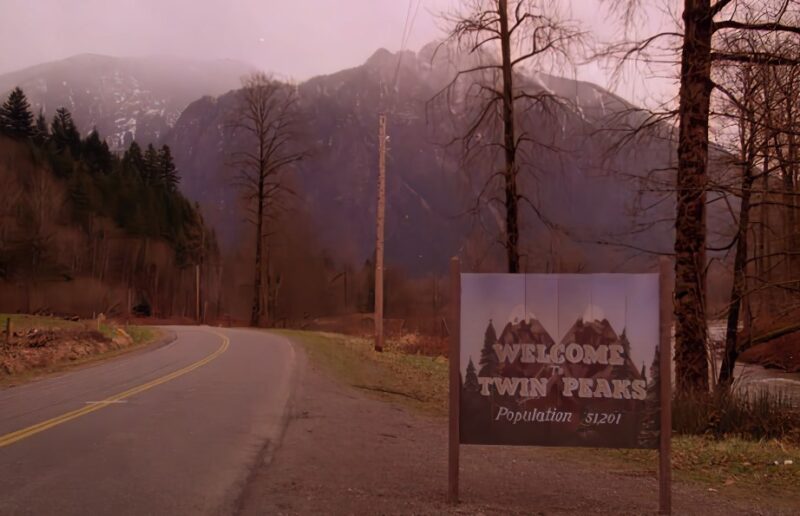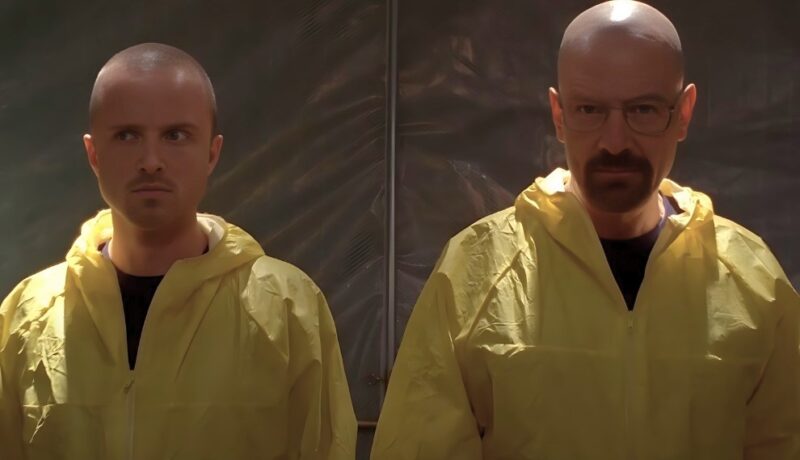Everyone has that one show they can’t stop talking about. Some TV shows just fade away, but others stick with us, becoming part of our lives. These are the cult classics. They strike a chord, creating die-hard fans who keep the love alive long after the shows end. They spark fan conventions, endless debates, and even serious academic studies.
But what exactly makes a TV show a cult classic?
1. Unique storytelling

Cult classics often flip traditional storytelling on its head. They play around with narrative structures, character arcs, and deeper themes. Take “Twin Peaks“—it mixes mystery, horror, and surrealism, creating a show that’s both intriguing and baffling.
These shows aren’t afraid to take risks and break from the norm, which draws in viewers looking for something different. The unpredictability keeps us on our toes, making each episode a unique experience.
They often discuss unconventional themes, adding layers of complexity and intrigue. “The Twilight Zone” changed the game with its anthology format, giving us a fresh, stand-alone story with a twist in each episode.
2. Complex characters

Characters are the soul of any TV show, and cult classics nail this. These shows often feature multi-dimensional, flawed, and relatable characters.
For example, “Buffy the Vampire Slayer“—Buffy is just a teenage girl dealing with typical high school issues while also fighting supernatural forces. Her struggles, both normal and extraordinary, resonate with us, making her a beloved pop culture figure.
These characters go through significant growth, making their journeys captivating to watch. Their depth creates a strong emotional bond with the audience.
In “Breaking Bad,” Walter White’s transformation from a mild-mannered teacher to a ruthless drug kingpin is fascinating. This complexity makes it easy for us to see ourselves in these characters, making their stories more engaging and impactful.
3. Strong fan engagement

Cult classics thrive because of their dedicated fan bases. Fans of these shows aren’t just passive viewers—they’re active participants who deeply engage with the content. They create fan art, write fan fiction, and organize conventions. This level of engagement keeps the show alive in public consciousness, even years after it has ended.
“Star Trek” is a prime example, with its fandom playing a crucial role in reviving the franchise multiple times. Fan theories and discussions keep the show relevant and allow the community to expand its universe creatively.
The interactive fan culture fosters a sense of belonging and shared passion. “Doctor Who” fans have even contributed to the show’s lore with their imaginative creations.
4. Cultural impact
A show becomes a cult classic when it influences and reflects the culture around it. These shows often address societal issues, push boundaries, and challenge norms.
“The X-Files,” with its themes of government conspiracy and paranormal activity, tapped into the growing mistrust of authority in the 1990s. Its cultural relevance helped it gain a loyal following and cemented its place in TV history.
These shows inspire real-world discussions and debates, embedding themselves in the cultural zeitgeist. Their ability to resonate with contemporary issues makes them timeless. ”
The Simpsons” has entertained generations while influencing language and pop culture with its satirical take on American life. The enduring relevance of these shows underscores their significance and lasting impact on society. Also, see how the Black Panther had cultural impact on cinema.
5. Memorable quotes and scenes
![]()
Iconic moments and quotable lines are key to a show’s cult status. Fans of “The Simpsons” can quote entire episodes, and phrases like “The truth is out there” from “The X-Files” have become part of everyday language.
These memorable elements help the show live on in fans’ minds and conversations, ensuring it remains a topic of discussion long after the final episode airs. These quotes and scenes often become part of our collective memory, recognizable even to those who haven’t watched the show. They add a layer of nostalgia and shared experience among fans.
6. Critical acclaim and awards
While not always necessary, critical acclaim can help a show gain cult status. Awards and positive reviews attract new viewers and legitimize the show’s artistic value. “Breaking Bad” received numerous accolades, helping it reach a broader audience and secure its place as a modern cult classic.
Such recognition can validate fans’ dedication and attract a more diverse viewership. Critical acclaim often brings renewed interest, encouraging new audiences to discover and appreciate the show.
7. Rewatchability

Cult classics often have a high rewatchability factor. Their intricate plots, hidden Easter eggs, and rich character development make them enjoyable to watch multiple times. Fans discover new details with each viewing, deepening their appreciation and connection to the show.
“Arrested Development” is known for its complex, layered jokes that reward repeated viewings. This rewatchability keeps the fan community active and engaged, fostering ongoing discussions and theories. Each viewing experience can feel fresh and revealing, adding to the show’s lasting appeal.
In summary
What makes a TV show a cult classic? It’s a mix of awesome storytelling, unforgettable characters, loyal fans, cultural impact, and those memorable quotes we all love to repeat. Plus, the show has to be something you can watch over and over without getting bored.
When all these things come together, they create something truly special that sticks with you and keeps you hooked.

